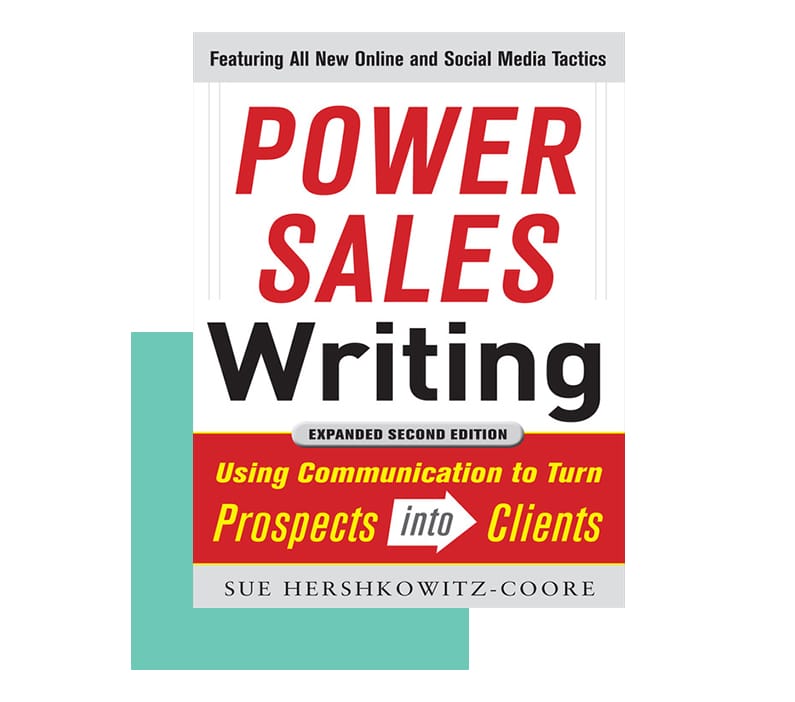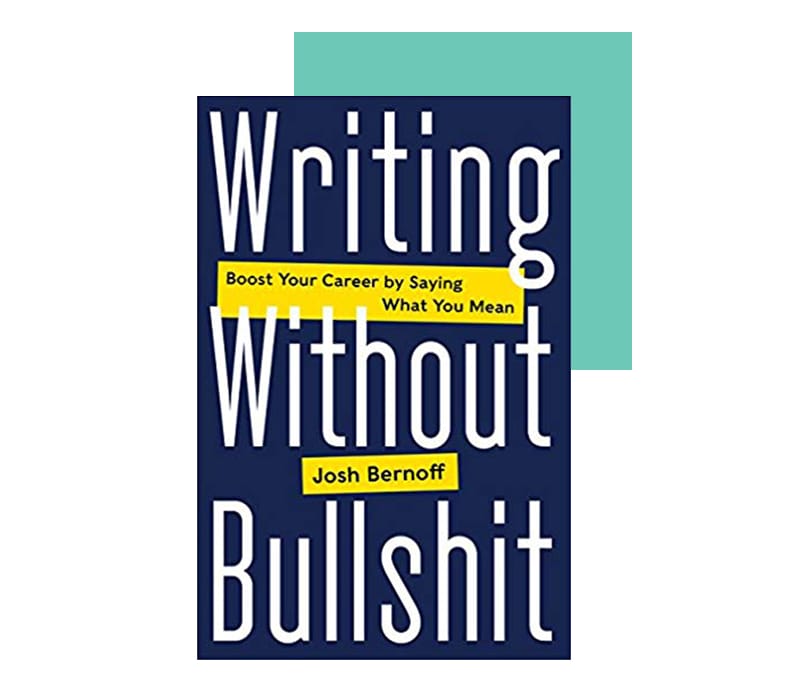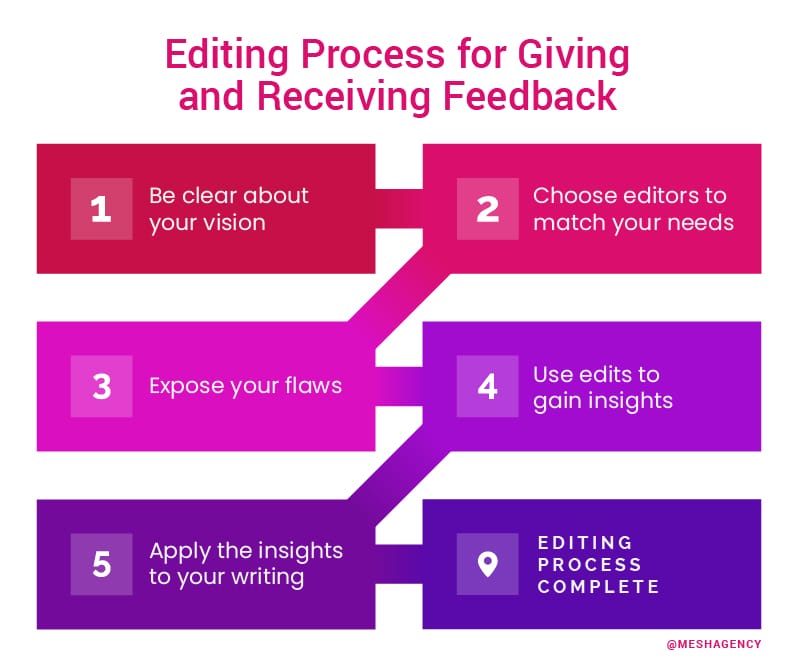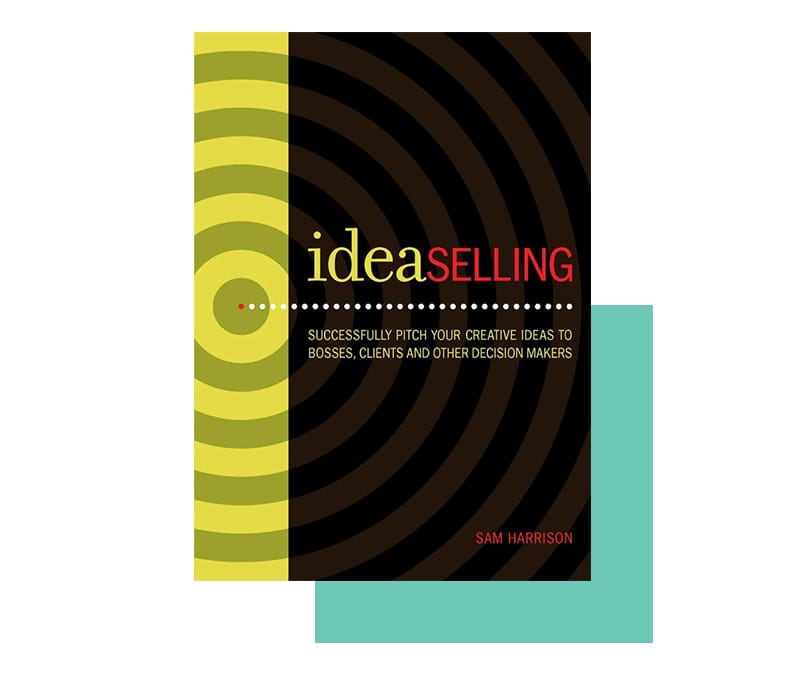Tolerating feedback is easier with a process and preparation.
To be a marketer, it helps to have nerves of steel. For starters, you have to go into board rooms to present your ideas to a decision-maker, surrounded by the C-suite.
If that weren’t high pressure enough, you’ve got to brace for the possibility of watching your work be torn to shreds before your very eyes.
Luckily, the internet is rife with self-help articles on how to take feedback without falling apart. But there is a big difference between “taking” and “tolerating” feedback.
When you “take” something, you receive it.
“Tolerate,” on the other hand, means to get on board with something, even if you may not agree with it.
In either case, taking or tolerating, you need to actively use the feedback you get and control your reaction to it.
Control is important because if you’re approaching feedback from a negative mindset, not only is it unprofessional, but you’re not going to get anything from it.
So How Can You Control Your Reaction?
The first thing you must understand is that feedback and criticism are designed to help you, not hurt your feelings. That may be hard because writing is personal.
But it’s also true that not everybody has the same communication style. This matters because you may take something a client or coworker says about your writing as an insult when it’s just the way that individual communicates.
For example, if a coworker operating in sales gives feedback about your writing, you should expect them to have a number-focused, hard-line, no-nonsense attitude about your work.
In this case, their feedback is informed by their background/expertise. If you feel strongly about a particular comment regarding your content, politely and respectfully defend it. But be open to changing it.
To understand what coworkers and clients are looking for in your writing, refer to this copywriting resource.
In other words, as Sue Hershkowitz-Coore says in her book, Power Sales Writing, “pick your battles.” Whatever you feel strongly about in your content, make sure it’s worth fighting for and adds value to the piece.
Hershkowitz-Coore also says to write in such a way that it seems “easy for the reader to understand your point, feel positive about your idea, and agree to follow through on the action you want.”
You can apply this to tolerating feedback. As it takes a minimum of two people to exchange feedback–a giver and receiver–you’ll be able to tolerate feedback more effectively if there’s an editing process in place.
An editing process will ensure that your communication is clear and organized–the process provides structure to your thoughts. By relying on a process similar to the one outlined below, you and your editor will know what to expect at each step.
Taken together, it’s all part of controlling your reaction, making you more receptive to feedback in order to learn and grow from it.
Editing Your Expectations
Josh Bernoff, author of Writing Without Bullshit outlines an editing process to set those expectations:
When you are seeking and addressing feedback, follow these five steps:
- Be clear about your vision.
- Choose editors to match what you need.
- Expose your flaws.
- Use edits to gain insights.
- Apply the insights to your writing.
Tackling each of these points in order, be up front about the point and purpose of your piece—be clear about it—so your editor isn’t confused about what it’s trying to achieve.
Speaking of editors, ideally, you’d be able to pick them, but that’s not always possible. What you can do is give your draft to a trusted friend or colleague to help you get more comfortable with receiving a round of feedback beforehand.
Another crucial point in this editing process is telling your editor what you understand could be improved in the piece. Good marketers know what their strengths and weaknesses are. By adopting a proactive approach to receiving feedback and acknowledging your flaws, you maximize your growth opportunities.
Once your editor has done their job, don’t just accept it, make changes, and move on. Review their notes in order to understand why they made those edits in order to learn some lessons and improve your copy in the long run. After all, human beings tend to learn by doing.
That last point, and Bernoff and Hershkowitz-Collins would agree with me here, is that you must, again, “pick your battles.” If the reason for doing so makes perfect sense to both people involved, reject edits.
For example, if your editor makes a bold cut to your work, but you don’t understand their reasoning, you can defend it without your guard getting in the way. It’s best if you make contact with the editor personally about this because not all workplaces are forgiving if you reject editors’ notes with no explanation.
Granted, defending your work may not always be possible and it’s important to remember that feedback isn’t always indicative of talent or trajectory.
Consider this excerpt from a rejection letter by editor Edward Weeks to world-famous author, Kurt Vonnegut:
“We have been carrying out our usual summer house-cleaning of the manuscripts on our anxious bench and in the file, and among them I find the three papers which you have shown me as samples of your work.”
Vonnegut went on to later become one of the most revered authors in the postmodern era of literature. The point is that although getting feedback may be difficult, it’s essential to the process of becoming a better writer and marketer.
Recording Clients’ Feedback is Crucial to Professional Growth
As the proverb goes: “Hindsight is 20/20.” You’ll be able to get a better handle on client feedback if you’re able to consistently re-experience it with notes.
And there’s a right way and wrong way to go about doing this. At least, that’s what the author of Idea Selling, Sam Harrison, thinks.
According to Harrison, you should always have some sort of recording medium with you when listening to clients. The key here is to create a history you can refer to when you need to. This way, you can ensure you’ve understood the client’s preferences with respect to copy and messaging.
Your ability to benefit from feedback is key to growing as a marketer. Having a process for receiving, digesting, and utilizing feedback for your own professional growth is essential to improving your craft and supporting your career.
What strategies are the most useful for you to tolerate client feedback? Send us a message in the chat below to tell us what tips work the best.
Marketing Agency
MESH is a digital marketing agency that has pioneered Account-Based Marketing via our proprietary Outcome Driven Marketing (ODM) methodology. We keep our focus on tightly integrating (or MESHing) lead generation, inbound, and outbound methodologies. We help you understand the hidden levers that impact your customers’ buying decision process, develop the right marketing strategy for your unique business case, and effectively execute and measure all aspects of your Account-Based Marketing program.








